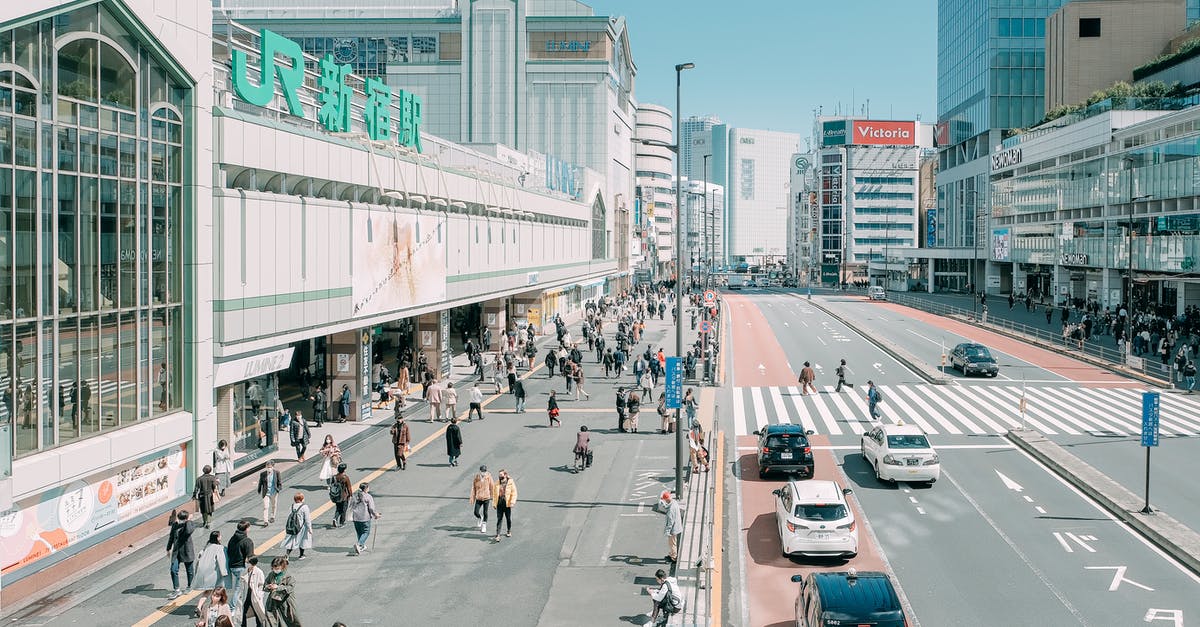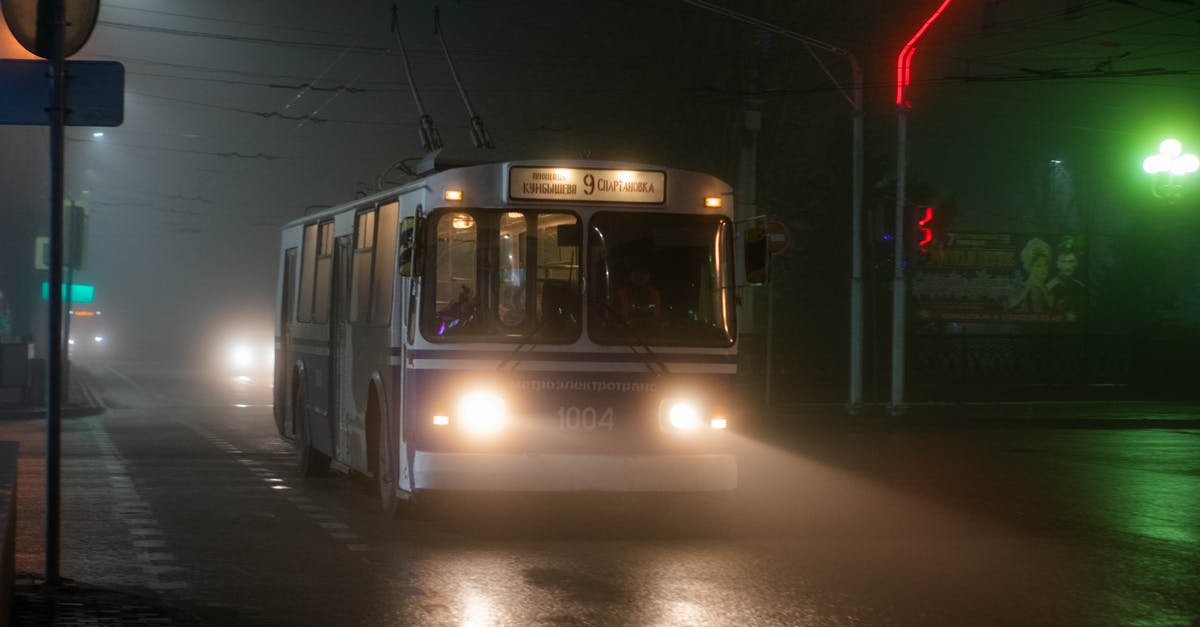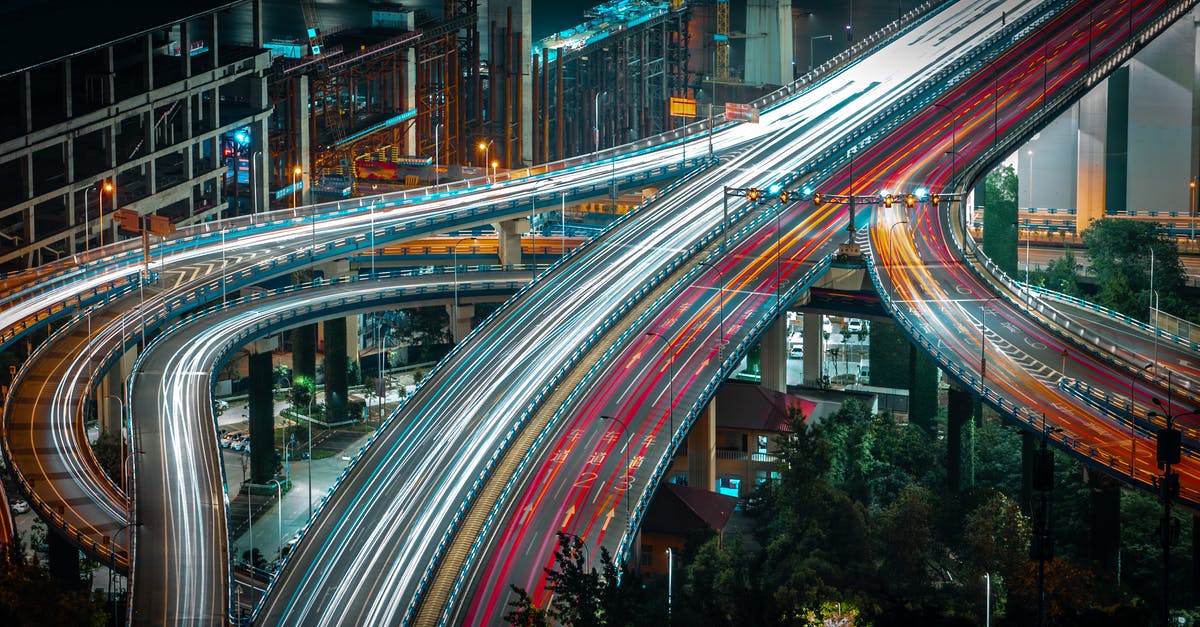Japan: Car rental vs public transport

I'm planning a trip through Japan at the moment and stumbling over the question of transport. I read that I (from Germany) need a translation of my driver's license (which should not be a problem), but also that apart from major highways, it might be difficult for foreigners to navigate the Japanese back-country.
Therefore I wanted to ask whether it's more viable to scratch that plan altogether and instead focus on railways and other public transport to go from place to place. The only obstacle I see in this plan would be that this might "skip over" interesting sights along the way, since you cannot just make a small detour along the way.
Am I wrong on any of those things? Am I putting too much thought on the topic? Can you help me with facts to base my choice on?
Best Answer
About 3 years ago, I visited Japan for 3 weeks. For 2 of those weeks I used a JR rail pass to travel around. Around cities and to other cities. I then headed to Hokkaido.
In Hokkaido I rented a car for a week, and I found it surprisingly easy. Road signs were in Japanese and (mostly) had English as well for destinations, cities, attractions, etc. There were a few cases where important information was only in Japanese - a warning of a closed road ahead comes to mind, but it became pretty obvious what it was all about before I got too far. When I got the GPS navigation switched into English I found that easy to use as well, though it occasionally threw up a message in Japanese, which someone told me said something like "Make sure you drive carefully". As one of the other answers said, long distance toll-motorway travel was expensive - it cost me about €80 to go ~250 km - but most of the roads I drove on were toll free.
There are some great things I saw, that I would have missed if I had stuck to public transport. For me the beauty of driving was I could take my time. For example, I could wait for the sunset from the top of a (freezing cold) mountain and get some great photos; and then drive back down to the small town where my hotel was and make use of their hot spring bath. Another example, I drove along a dirt road to the middle of a nature reserve, parked for several hours and went for a walk to take photos of the wildlife.
Some tips:
Most large-ish train stations have a shop selling bento boxes. I would definitely recommend these. Most train seats have a little flip-down table.
Pre-book a car with GPS navigation that can support English (sorry, I didn't see German offered as a language). I booked my car with toyota rental before I left the UK, printed out necessary paperwork, and took it with me.
I would normally suggest getting an International Driving Permit, but for Japan, it seems Germany is on a short list of countries that need a Japanese translation of their license instead - I've no idea why or how you would get it translated.
Pictures about "Japan: Car rental vs public transport"



Is it better to rent a car or take the train in Japan?
But in the Japanese countryside and rural areas, cars are the most convenient transportation method. Those areas have much lower railway access if at all, making the access difficult if you don't have a car.Is it worth to rent a car in Japan?
Renting a car is an option worth considering if you plan to explore rural Japan where public transportation can be both inconvenient and infrequent. A rental car can also be an economical alternative when traveling in groups or can make traveling with a lot of luggage easier.What is the best way to get around in Japan?
The most efficient way to travel around most of Japan is by train. Whether you're being whisked through the countryside aboard the famous Shinkansen bullet train or are winding your way up a wooded mountainside in an electric streetcar, trains in Japan are punctual, comfortable, safe, and clean.What percentage of Japanese use public transportation?
A majority of 53% of students and 48% of company workers indicated to commute to school/work by train or subway. Another 13% of students and 9% of company workers use the bus or street car, which results in a "market share" for public transportation of 61% among students and 57% among company workers.Japanese Rental Car Experience: Better than Trains?
More answers regarding japan: Car rental vs public transport
Answer 2
It really depends where you want to go. I have been to Japan seven times and I have only needed a car once.
In urban areas, like Kansai (Osaka and nearby cities like Kyoto, Kobe, Nara, Himeji) or Tokyo, public transportation is quite convenient. And navigating within an urban area (for example, from Osaka to Kyoto) is not expensive (there are actually various trains with different fares depending on how fast they go).
In rural areas, like Okinawa, a car is very useful. There are many beaches and places that cannot be easily reached by public transportation. Even going from Naha (the regional prefecture) to the famous Churaumi aquarium would take a lot of time without a car or booking a tour. I haven't been there yet, but I guess that the situation would be similar in Hokkaido, though it seems the train network is more developed there.
One element you should factor in your decision: parking lots. You should check if your accommodation has a parking lot, as it is usually not possible to park in the (narrow) streets and parking lots can be quite expensive.
I have no experience with going from one big city to another one (for example, Tokyo to Osaka) but, according to @lambshaanxy, it is quite expensive. Shinkansen is not cheap though.
but also that apart from major highways, it might be difficult for foreigners to navigate the Japanese back-country.
From my experience in Okinawa, navigation by GPS is really pleasant in Japan. You can find a place by using its phone number or using its Mapcode, a series of numbers that identifies it. No need to type an address using any Japanese alphabet! And most tourist maps (such as the ones you can find in the airports) have the mapcodes of touristic areas.
In addition to GPS if you want to go outside cities, you may want to rent a pocket wifi at the airport. Most of them are cheap and comes with unlimited data, a charger that you may use with other devices,...
Answer 3
As a train lover without a driving license I would never even have thought about using a car in Japan.
When I was there in 1994 navigation in cars was done by maps and roadside signs. I met several people who had lived in Japan for a year or longer and still did not care to drive outside the area where they lived, as reading the road signs and the names on the maps was too much of an effort.
These days you can get satnavs/GPS/maps on your smart phone to help you with navigation, so finding the route would be less of a problem.
That still leaves you with long distance driving on busy roads, tolls and hard to find expensive parking in the cities.
After I have used the fast trains in Japan I have been on fast trains in Europe, but I still remember their services as special. Worth trying out even when you are familiar with fast trains in Europe. Trains stopping on time, to the second, and on the spot. There are lines painted on the platforms which show where to line up and the doors will be just in front of you, but with space between the first in line and the train so people can get off.
While you may not be able to visit as many sites when traveling by public transport, you can certainly visit many more than you can fit into your holiday.
On the other hand, if you rent a car when away from the main cities and busy areas, you can visit a lot of small locations for short visits, bringing balance into your travel that way as well.
But do bring a trusted navigation device, check it will work in the area where you need it and in the language you are familiar with. Update maps and make sure you can use it offline, as you may be in an area with no phone network or spotty GPS coverage or something like that.
The Japan I have seen had many small places worth visiting, just outside the city on an easy walk. But I am sure you will find more of those when farther off the beaten track.
In short, do not avoid the trains but also be not scared of renting a car as long as you have a good navigation aid.
Answer 4
Japan is known for making "fairly good cars", i.e. the best ever made on the planet, and subsequently, motoring culture in Japan is impeccable and a sheer pleasure.
(As a minor bonus, petrol is cheaper than in Europe.)
Regarding traffic, the one or two very central, most car-crowded central areas are far less car-crowded than the cliché any European is used to of central Paris, central Rome etc. If you're coming from say Germany you'll basically find Japan "empty" in comparison!.
Driving in Japan is a wonderful experience and the best way to see everything, from city to town to country.
It more or less goes without saying that driving manners and style in Japan are impeccable - I don't know anywhere that's more pleasant to drive as a social experience interacting with the population.
Going to Japan and not enjoying cars, is like going to Switzerland and not enjoying cheese, or going to Australia and not enjoying sunshine.
It's likely the most pleasant and wonderful place on Earth to enjoy motoring.
An astounding, endless, variety of fascinating things to explore which you need the immediacy and flexibility of motoring to do so
The amazing landscapes
The impeccable and easy nature of driving there
(Regarding trying one of the fast trains in Japan, if you're from a region which has no fast trains I guess there is a novelty. If you're from France or Germany, taking one of the fast trains in Japan is no more interesting than getting on any airplane or bus.)
Sources: Stack Exchange - This article follows the attribution requirements of Stack Exchange and is licensed under CC BY-SA 3.0.
Images: WENCHENG JIANG, Тамара Левченко, Ruiyang Zhang, Meruyert Gonullu
